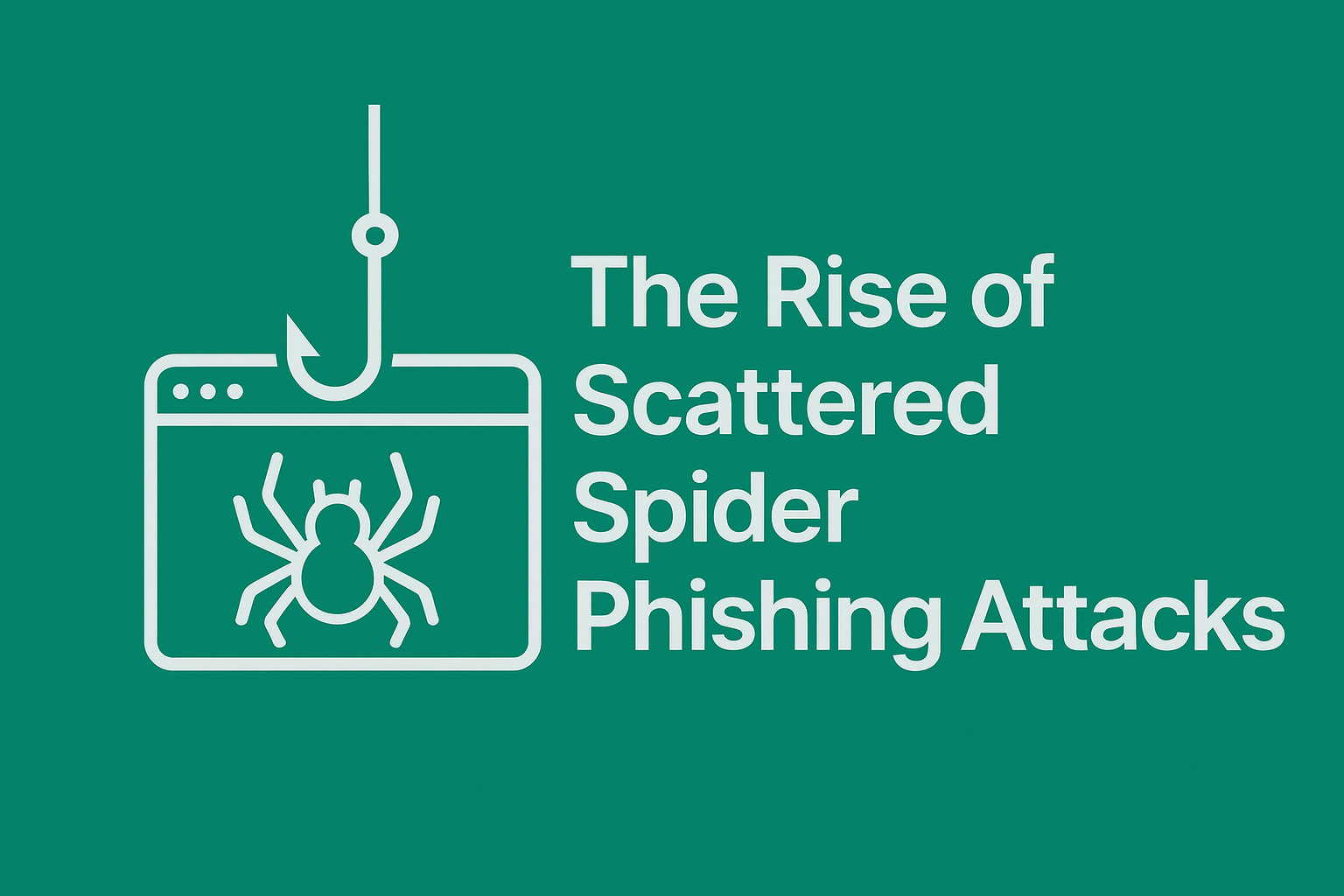In recent months, a new name has become synonymous with sophisticated, targeted cyberattacks: Scattered Spider. This loosely affiliated but highly effective threat actor group has gained notoriety for executing social engineering campaigns with surgical precision—successfully breaching some of the world’s most secure organizations.
As attackers like Scattered Spider evolve, so too must an organization’s approach to defense. In this landscape, phishing simulation campaigns are no longer optional—they are mission-critical.
Who Is Scattered Spider?
Scattered Spider is a cybercriminal group known for highly targeted phishing attacks, often aimed at credential theft and multi-factor authentication (MFA) bypass. The group frequently impersonates IT personnel, sending believable phishing emails and phone calls (vishing) to trick employees into giving up login details or approving fraudulent access requests.
They have been linked to attacks on telecom, tech, and gaming companies, leveraging advanced social engineering rather than malware to gain footholds.
Why This Matters More Than Ever
1. Social Engineering Is Their Weapon of Choice
Unlike many threat actors who rely on malware payloads or zero-day exploits, Scattered Spider primarily uses psychological manipulation. This makes your employees the first—and often last—line of defense.
If your team can’t recognize a convincing phishing attempt, all your security tools may not be enough to prevent a breach.
2. They Target the Human Element
Scattered Spider invests time in researching targets, often identifying specific employees on LinkedIn or internal directories. Their phishing emails are not random—they’re personalized, timely, and credible.
Only real-world phishing simulations can effectively train employees to spot and resist such well-crafted lures.
3. Even MFA Isn’t a Guarantee Anymore
This group has demonstrated how MFA fatigue—overwhelming users with repeated push notifications—can be exploited. Simulations that mimic these tactics help raise awareness and build resilience.
The Role of Phishing Simulations in Your Defense Strategy
Phishing simulation campaigns are essential for preparing your team to recognize and respond to attacks like those launched by Scattered Spider.
These aren’t just training exercises—they’re security controls that demonstrate an organization’s commitment to cyber resilience.
Conclusion
Cybercriminals like Scattered Spider aren’t using outdated, generic spam campaigns. They’re deploying intelligent, targeted social engineering tactics that require an equally intelligent defense.
Phishing simulations are no longer just about testing employees—they’re about preparing them. The faster your organization can adapt to this threat landscape, the safer your data and systems will be.
RapidPhish is designed to help organizations quickly simulate modern phishing threats—including the tactics used by groups like Scattered Spider—so you can train and defend at scale.

